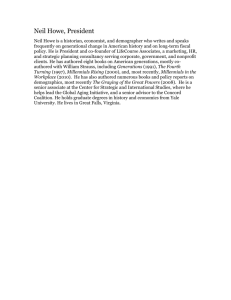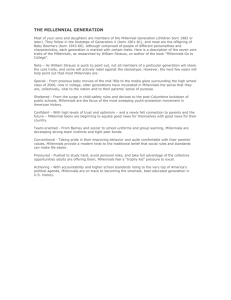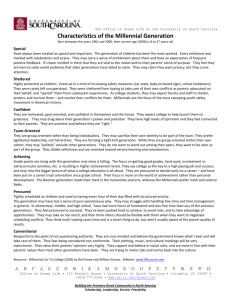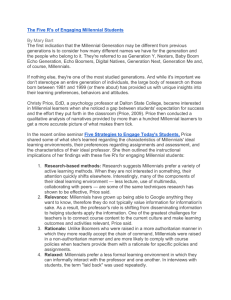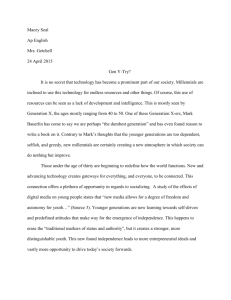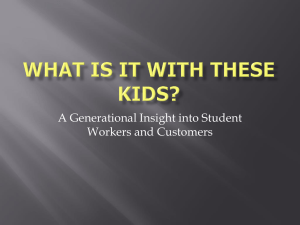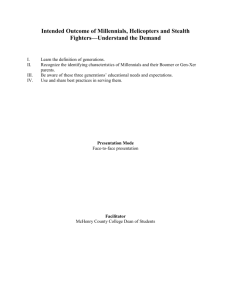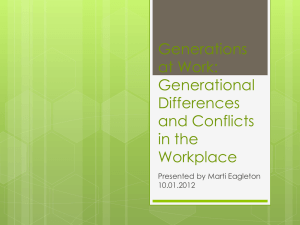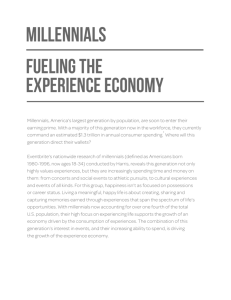Career Advice for Millennials from Robots That prediction comes
advertisement
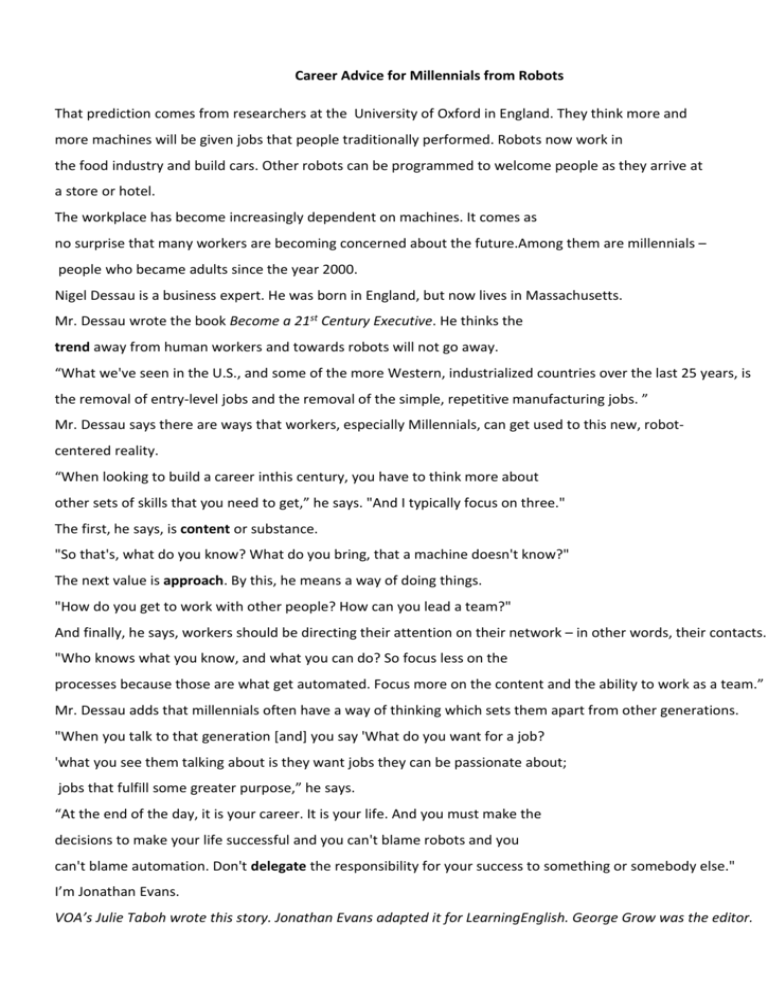
Career Advice for Millennials from Robots That prediction comes from researchers at the University of Oxford in England. They think more and more machines will be given jobs that people traditionally performed. Robots now work in the food industry and build cars. Other robots can be programmed to welcome people as they arrive at a store or hotel. The workplace has become increasingly dependent on machines. It comes as no surprise that many workers are becoming concerned about the future.Among them are millennials – people who became adults since the year 2000. Nigel Dessau is a business expert. He was born in England, but now lives in Massachusetts. Mr. Dessau wrote the book Become a 21st Century Executive. He thinks the trend away from human workers and towards robots will not go away. “What we've seen in the U.S., and some of the more Western, industrialized countries over the last 25 years, is the removal of entry-level jobs and the removal of the simple, repetitive manufacturing jobs. ” Mr. Dessau says there are ways that workers, especially Millennials, can get used to this new, robotcentered reality. “When looking to build a career inthis century, you have to think more about other sets of skills that you need to get,” he says. "And I typically focus on three." The first, he says, is content or substance. "So that's, what do you know? What do you bring, that a machine doesn't know?" The next value is approach. By this, he means a way of doing things. "How do you get to work with other people? How can you lead a team?" And finally, he says, workers should be directing their attention on their network – in other words, their contacts. "Who knows what you know, and what you can do? So focus less on the processes because those are what get automated. Focus more on the content and the ability to work as a team.” Mr. Dessau adds that millennials often have a way of thinking which sets them apart from other generations. "When you talk to that generation [and] you say 'What do you want for a job? 'what you see them talking about is they want jobs they can be passionate about; jobs that fulfill some greater purpose,” he says. “At the end of the day, it is your career. It is your life. And you must make the decisions to make your life successful and you can't blame robots and you can't blame automation. Don't delegate the responsibility for your success to something or somebody else." I’m Jonathan Evans. VOA’s Julie Taboh wrote this story. Jonathan Evans adapted it for LearningEnglish. George Grow was the editor. ________________________________________________________________ Words in This Story automated – v. to have work done by machines or robots delegate – v. to choose someone to do something trend – n. movement in a general direction approach – n. a way of dealing with something or doing something content – n. substance or subject matter True/false: 1. Now robots can be programmed to welcome people as they arrive at a store or hotel. (t) 2. Our workplaces have not become increasingly dependent on machines. (f) 3. Millennials are becoming concerned about the future. (t) 4. Some entry-level jobs and repetitive manufacturing jobs have been removed in many Western industrialized countries over the last 25 years.(t) 5. Millennials often have a way of thinking which sets them apart from other generations. (t) 6. Millennials are not interested in their future career; they are indifferent about their jobs. (f) Answer the questions: 1. What are the predictions of Oxford researchers? 2. What is the current trend in the job market? 3. How many sets of skills do you need to get in order to be successful in the new, robotcentered reality? 4. What are they? 5. What differs Millennial generation from other generations?
